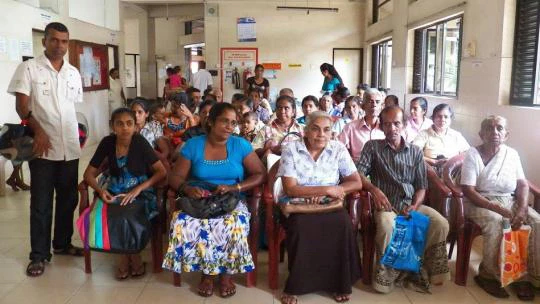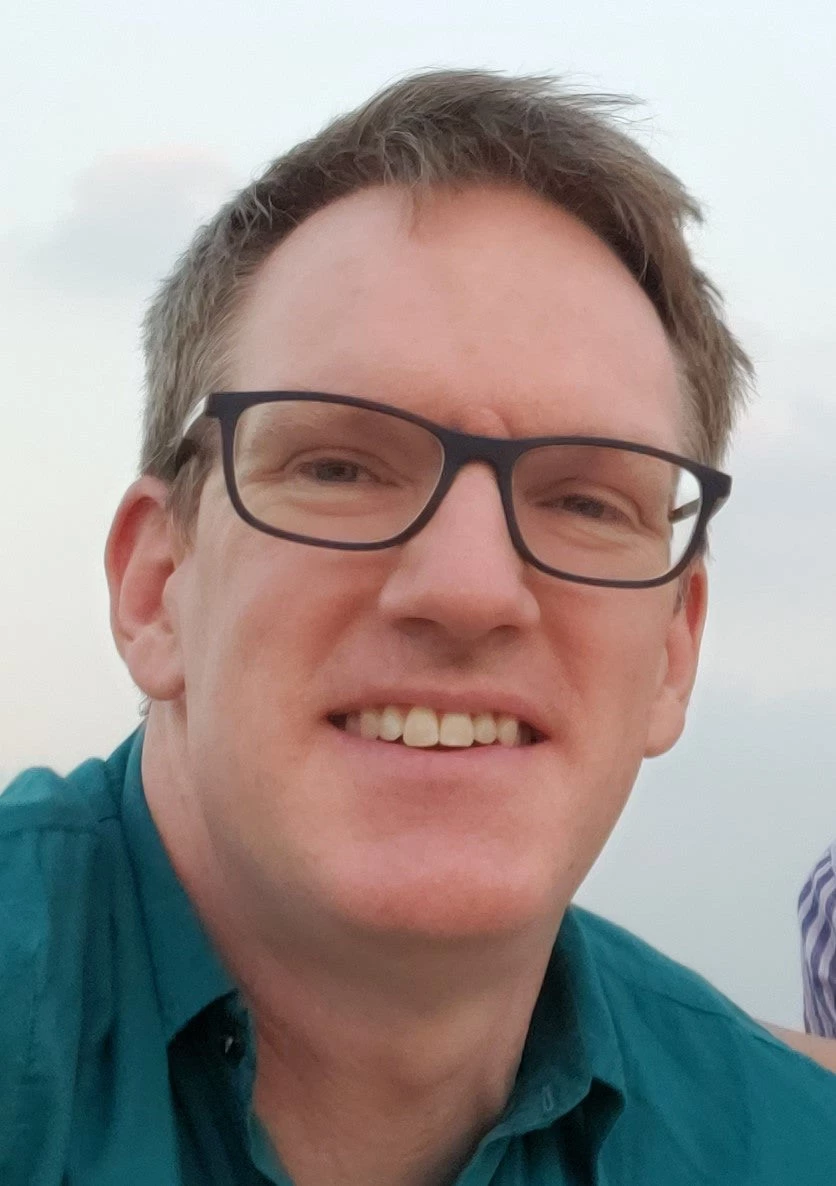
Back in the 1930s, Sri Lanka thought it would be a good idea to give everyone free access to health care. More than 75 years later, as the global health community bangs the drum for universal health coverage (UHC), Sri Lankans can be forgiven for letting out a yawn and wondering what all the fuss is about. But as shown by a workshop organized in Colombo last week to mark the first World UHC Day, the concept of universal health coverage (“all people receive the health services they need without suffering financial hardship”) does still have relevance here.
Start with the history. By 1960 Sri Lanka’s health indicators were already well above the curve for its income level, and it was close to having the best health outcomes in developing Asia. It started the MDG era in 1990 with a level of child mortality that was lower than where most Asian countries – including Vietnam, Philippines, Indonesia, and its South Asian neighbors India, Pakistan and Bangladesh – will finish it in 2015. Vaccination rates are above 99%. And all this was achieved without results-based financing, conditional cash transfers, or today’s other proposed silver bullet solutions for improving health.
The workshop also heard about pressures on the health financing front. Out-of-pocket payments are concentrated among the better off seeking care in the private sector, but those in lower quintiles must still often pay for lab tests or drugs when they seek care at public facilities. And a government health budget of around 1.5% of GDP is constrained by the small size of the overall government budget envelope.
As World UHC Day is celebrated in future years, Sri Lanka will continue to offer lessons for other countries while still facing an important agenda of its own.


Join the Conversation